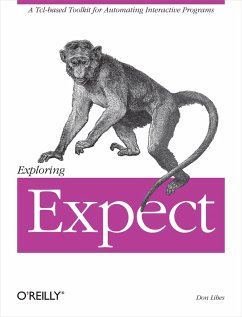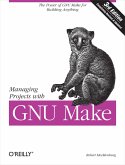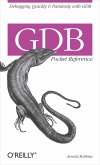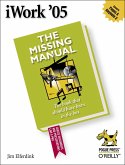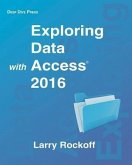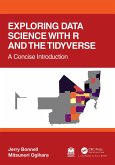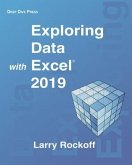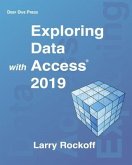Expect is quickly becoming a part of every UNIX user's toolbox. It allows you to automate Telnet, FTP, passwd, rlogin, and hundreds of other applications that normally require human interaction. Using Expect to automate these applications will allow you to speed up tasks and, in many cases, solve new problems that you never would have even considered before.For example, you can use Expect to test interactive programs with no changes to their interfaces. Or wrap interactive programs with Motif-like front-ends to control applications by buttons, scrollbars, and other graphic elements with no recompilation of the original programs. You don't even need the source code! Expect works with remote applications, too. Use it to tie together Internet applications including Telnet, Archie, FTP, Gopher, and Mosaic.Don Libes is the creator of Expect as well as the author of this book. In Exploring Expect, he provides a comprehensive tutorial on all of Expect's features, allowing you to put it immediately to work on your problems. In a down-to-earth and humorous style, he provides numerous examples of challenging real-world applications and how they can be automated using Expect to save you time and money.Expect is the first of a new breed of programs based on Tcl, the Tool Command Language that is rocking the computer science community. This book provides an introduction to Tcl and describes how Expect applies Tcl's power to the new field of interaction automation. Whether your interest is in Expect or interaction automation or you simply want to learn about Tcl and see how it has been used in real software, you will find Exploring Expect a treasure trove of easy-to-understand and valuable information.
Dieser Download kann aus rechtlichen Gründen nur mit Rechnungsadresse in A, B, BG, CY, CZ, D, DK, EW, E, FIN, F, GR, HR, H, IRL, I, LT, L, LR, M, NL, PL, P, R, S, SLO, SK ausgeliefert werden.

